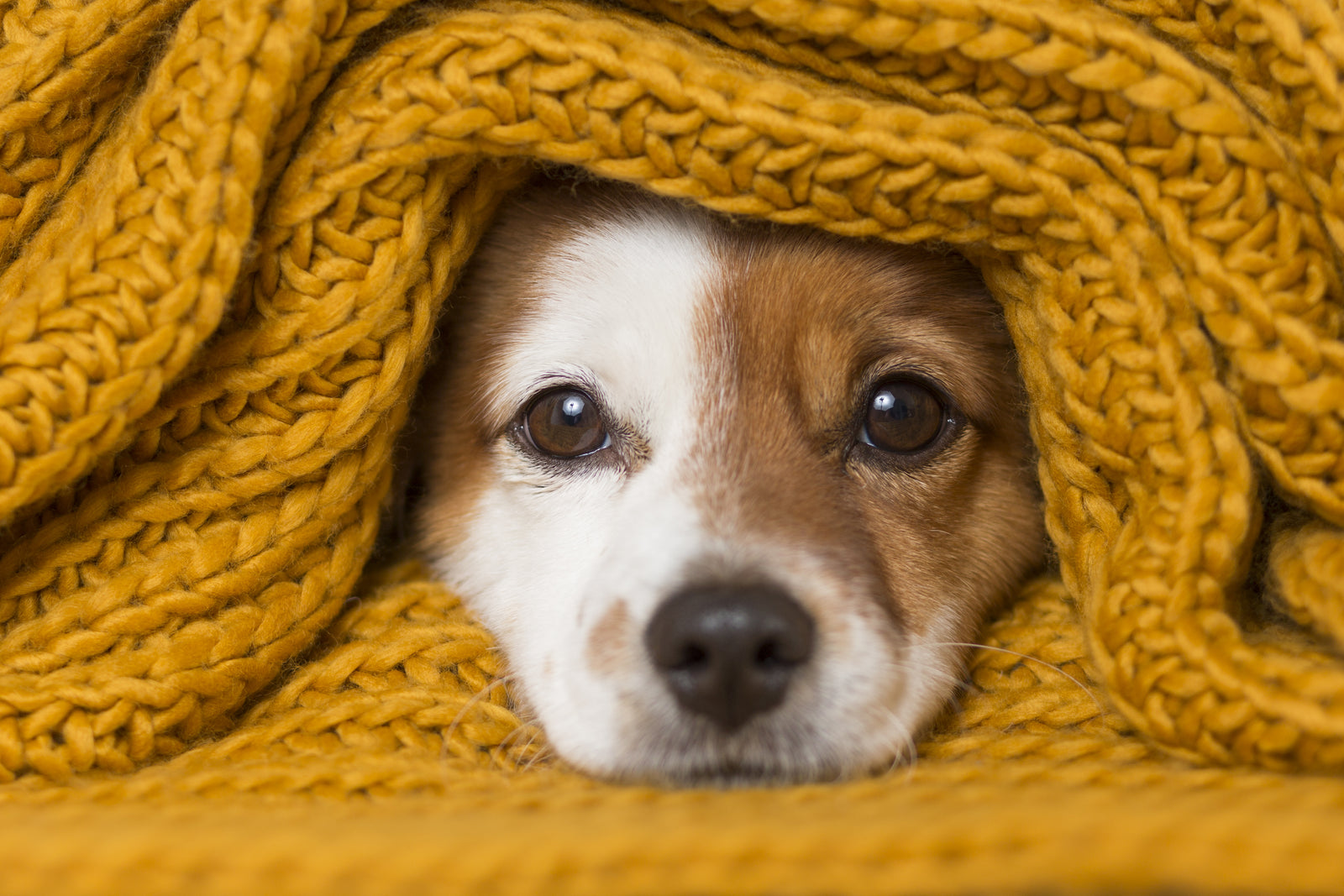Separation anxiety is normally defined as the extreme fear that one may feel when being separated from parents or caregivers. And, when you hear of separation anxiety, it’s often children who suffer from it. But guess what? Your dog can suffer from separation anxiety, too.
Yes, your oh-so-lovable fur-ball can become overly dependent or attached to you (or members of your household). And, when you leave the house, that’s when the anxiety manifests itself in its fullest form.

What Are the Signs of Separation Anxiety?
A dog experiencing separation anxiety may exhibit various signs, such as:
- Bark, whine or howl excessively
- Scratch at the floors, doors, or windows
- Become destructive (i.e., chewing on things they shouldn’t)
- Urinate or defecate in your home (even though they are house-trained)
- Drool, pant, or shake
- Refuse to eat or drink
- Become withdrawn or quiet
- Obsessively pace

Why Does Separation Anxiety Happen?
Separation anxiety doesn’t happen to all dogs, but for those who do suffer from it, it’s usually due to:
- Being left alone for the first time
- Being left alone after spending an extended period with the family members at home
- Having a new owner
- Moving to a new home
- Change in routine
- Loss of a family member

What Can Be Done to Help a Dog with Separation Anxiety?
If you think your dog is suffering from separation anxiety, first speak to your vet. They can eliminate other medical reasons for the symptoms your dog is exhibiting.
If you think your dog has just a mild case of separation anxiety, you might try:
- Establishing a routine with your dog, so they know what to expect
- Giving your dog a special treat that they only have while you are gone (i.e., a toy which you give when you leave and take back when you return)
- Leaving your dog with recently worn clothes of yours (so they can smell you)
- Trying over-the-counter calming products for your dog
- Gradually working up to leaving your pet for longer periods of time
- Placing your pet in a safe space while you are gone with a few toys to help distract them. A Clearly Loved Pets Lucidium Pen is ideal for this as they offer space for your pet to move, room for toys, and a clear view of your home.
- Taking your dog to doggie daycare
- Asking a friend or neighbor to watch them
- Speaking with your vet about medications that might reduce their anxiety
References:
https://vcahospitals.com/know-your-pet/separation-anxiety-in-dogs
https://www.humanesociety.org/resources/does-your-dog-freak-out-when-you-leave
https://pets.webmd.com/dogs-separation-anxiety#1
More stories

Building Trust With Your Dog


